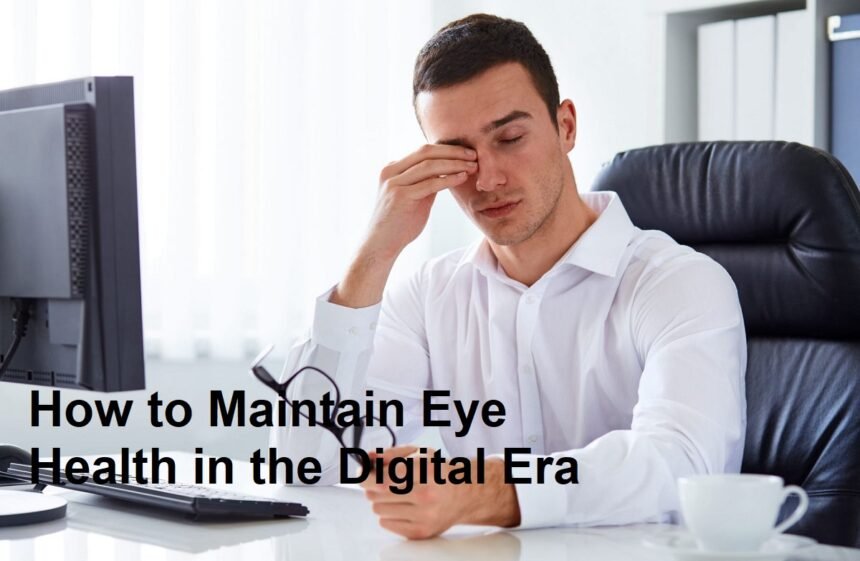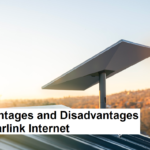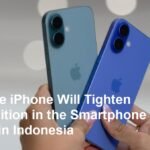Introduction
We live in a world where screens are everywhere. From smartphones and laptops to tablets and TVs, our eyes are constantly exposed to digital devices. While technology makes life easier, it also brings a new challenge: digital eye health.
Staring at screens for long periods can cause tired eyes from screens, blurry vision, headaches, and even long-term damage if ignored. The good news? There are simple, practical steps you can take to keep your eyes healthy without giving up your gadgets.
In this article, we’ll explore why protecting your eyes in the digital age is important, the risks of overexposure, and easy tips to maintain eye health in everyday life.
Why Digital Eye Health Matters
The Rise of Screen Time
On average, people spend more than 7 hours a day looking at screens. Whether it’s for work, study, or entertainment, our eyes rarely get a break. This constant focus can strain eye muscles and disrupt natural vision habits.
The Hidden Risks of Gadget Use
Excessive exposure to screens is linked to:
- Eye strain and dryness
- Blurred or double vision
- Headaches and neck pain
- Sleep disruption due to blue light
- Long-term risk of vision problems
This makes eye health in the digital era a priority for everyone — not just those working in front of computers.
Common Problems from Screen Overuse
1. Tired Eyes from Screens
The most common complaint is eye fatigue. After hours of staring, eyes may feel heavy, itchy, or even painful.
Tip: Follow the 20-20-20 rule: every 20 minutes, look at something 20 feet away for at least 20 seconds.
2. Dry Eyes
Digital screens make us blink less often, which leads to dryness, irritation, and a burning sensation.
Tip: Remember to blink consciously and use artificial tears if necessary.
3. Headaches and Blurred Vision
When your eyes work too hard to focus on small text or bright screens, it can trigger headaches or temporary blurred vision.
Tip: Adjust screen brightness to match the lighting in your environment and increase text size to reduce strain.
4. Sleep Disruption
Blue light from gadgets interferes with melatonin, the hormone that regulates sleep. Using your phone before bed may cause insomnia.
Tip: Turn on “night mode” or blue light filters in the evening, and avoid screens at least one hour before bedtime.
The Dangers of Gadget Radiation
Is Radiation from Gadgets Harmful?
While smartphones and laptops emit low levels of radiation, the real concern is blue light exposure. Blue light penetrates deeply into the eye, potentially contributing to retinal stress and long-term vision issues.
Tip: Use anti-blue light glasses or install screen filter apps to minimize exposure.
Practical Tips to Maintain Eye Health
Adjust Your Screen Setup
- Keep your screen about 20–24 inches from your eyes.
- Position the top of the screen at or slightly below eye level.
- Ensure proper lighting to avoid glare.
Take Regular Breaks
Your eyes are not designed for nonstop focus. Short, frequent breaks prevent fatigue.
Mini-routine: Every hour, stand up, stretch, and look outside a window for a few minutes.
Stay Hydrated
Dehydration can make dry eyes worse. Drink enough water throughout the day to support natural tear production.
Eat Eye-Friendly Foods
Nutrition plays a big role in digital eye health. Include foods rich in:
- Vitamin A: carrots, sweet potatoes
- Omega-3 fatty acids: salmon, chia seeds
- Lutein and Zeaxanthin: spinach, kale
These nutrients protect eye cells from oxidative stress and improve vision resilience.
Practice Good Gadget Habits
- Avoid using screens in complete darkness.
- Keep devices slightly below eye level.
- Don’t hold your phone too close to your face.
- Clean your screen regularly to avoid glare from smudges.
When to Seek Professional Help
If you experience persistent symptoms like blurry vision, double vision, or constant headaches, it’s time to consult an eye doctor. Regular eye check-ups are essential, especially if your daily routine involves long hours of screen use.
Long-Term Benefits of Caring for Your Eyes
By making small changes in your daily habits, you can:
- Reduce eye strain and discomfort
- Improve productivity and focus
- Protect long-term vision health
- Sleep better and feel more energized
Taking care of your digital eye health today means a clearer, healthier vision tomorrow.
Conclusion
The digital era has transformed how we work, learn, and connect — but it also puts a spotlight on eye health. From tired eyes caused by screens to the risks of gadget radiation, your vision needs consistent care.
By practicing simple tips to maintain eye health like following the 20-20-20 rule, adjusting screen setups, and eating eye-friendly foods, you can protect your vision while still enjoying the benefits of technology.
How do you take care of your eyes in this screen-heavy world? Start applying one or two of these habits today and notice the difference.












